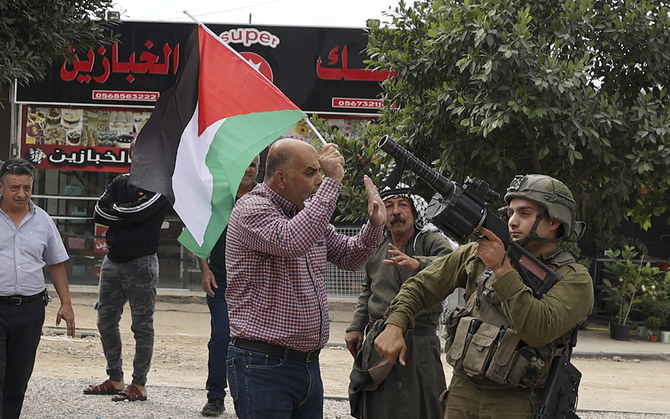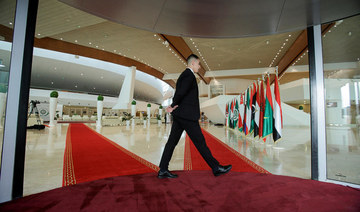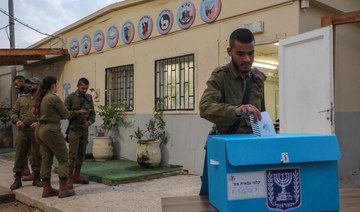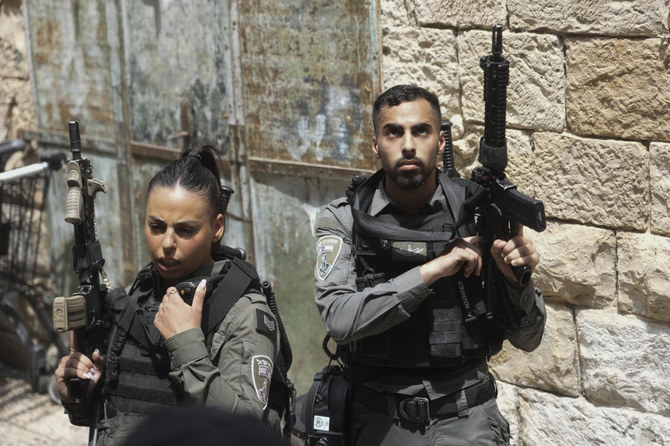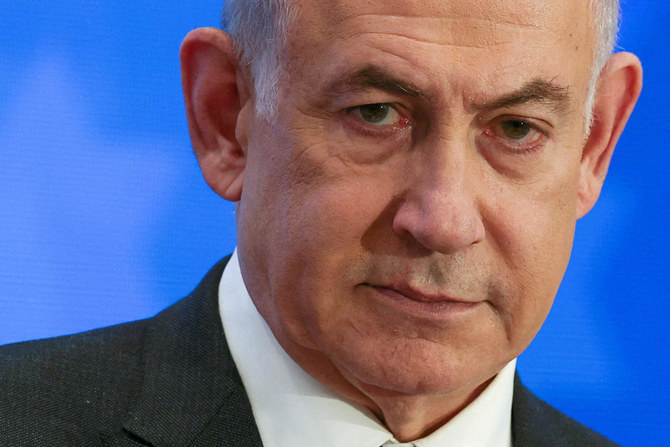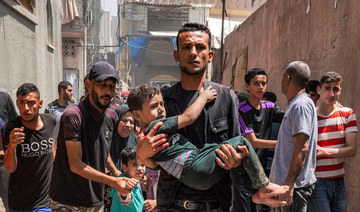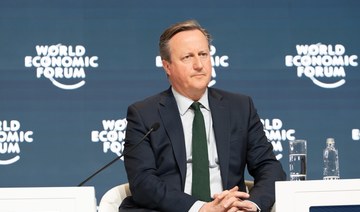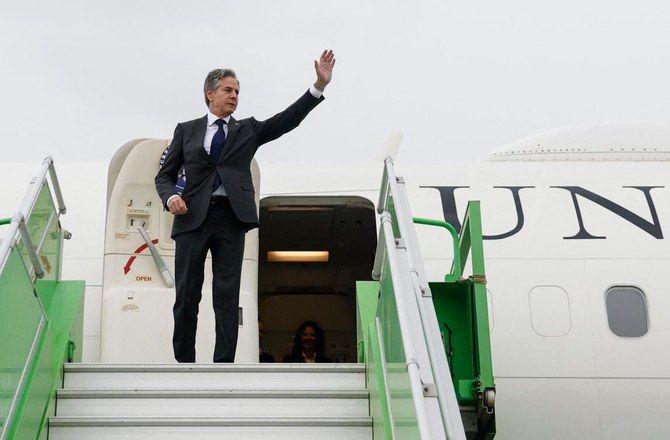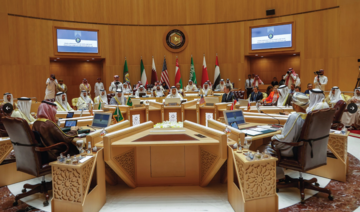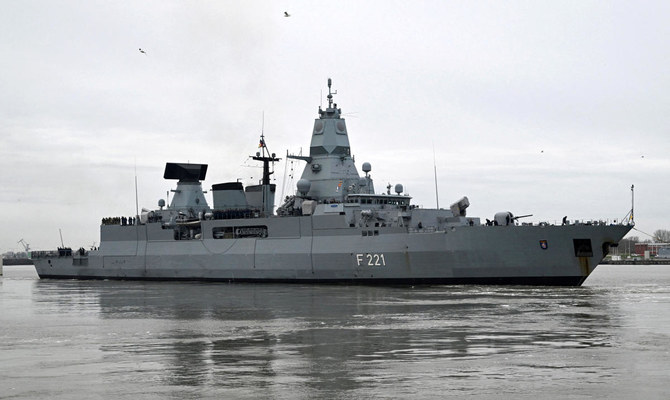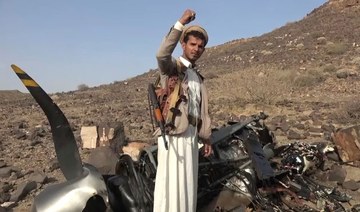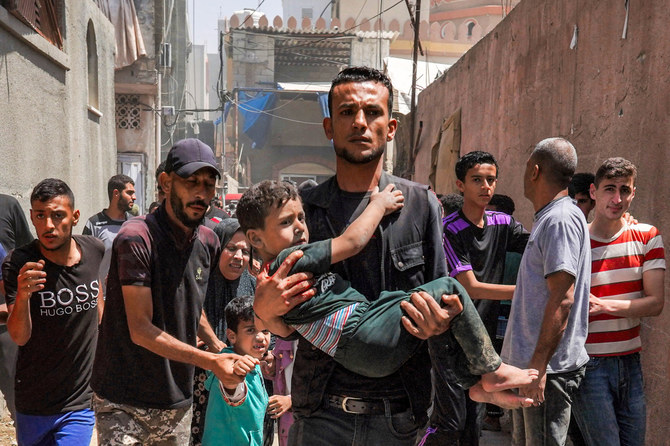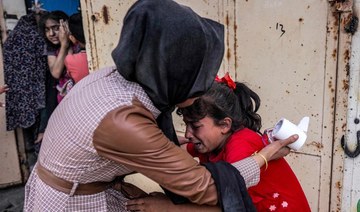LONDON: Palestinians in the occupied West Bank will likely suffer their deadliest year since the UN began tracking violence, the organization’s Security Council has been told.
Middle East Peace Process Coordinator Tor Wennesland told the council’s quarterly open debate that increased Israeli military operations were a major factor in the escalation, although attacks by settlers had also increased.
The UN’s latest figures show that at least 101 Palestinians in the West Bank and East Jerusalem have been killed by Israeli security forces this year, which is the highest monthly average since records began in 2005.
“So far, 2022 is on course to be the deadliest year for Palestinians in in the West Bank since (the UN) began systematically tracking Palestinian fatalities in 2005,” Wennesland said.
“Mounting hopelessness, anger and tension have once again erupted into a deadly cycle of violence that is increasingly difficult to contain.”
The coordinator did point to positive developments, such as October’s Algiers Declaration, in which 14 Palestinian factions agreed to recognize the PLO as the sole legitimate representative of the Palestinian people and to hold elections for the presidency of the Palestinian Authority, Legislative Council and National Council.
Council members and non-members condemned the escalation by Israel.
The Permanent Observer of the State of Palestine Riyad Mansour said the council had allowed its own resolutions to be violated by Israel for decades.
“Your role is to protect it (Palestine), or you would be effectively abandoning the two-state solution altogether,” he said. “If there is anything more you can do, and you know there is much more that can be done, do it. What are you waiting for?”
Israel’s representative Gilad Menashe Erdan said the PA plays victim at the council but praises “terrorists” on the streets of Nablus and Jenin.
He said his country was in the midst of a “terror wave,” and claimed that there had been more than 4,000 Palestinian against Israelis this year.
Erdan added that the UN was biased against Israel, which he said sends a message that the Palestinians do not have to make a single concession.
Saudi Arabia’s representative Abdulaziz Al-Wasil called on the international community to make every effort to resolve the conflict, and guarantee the rights of the Palestinian people.
Al-Wasil condemned Israeli settlement policies and measures in the occupied territories, including land annexation, settlement construction and expansion, forced displacement and property destruction.
He also urged Israel to engage in serious negotiations to achieve peace based on the two-state solution.
Kuwait’s representative Faisal Al-Enezi urged the council to accept its responsibility, as defined in the UN Charter, to hold Israel accountable for its crimes and illegal actions.
He also praised Australia’s withdrawal of its recognition of West Jerusalem as Israel’s capital, and urged other countries to do the same.
Qatari representative Ayla Ahmed Saif Al-Thani said that Australia’s decision strengthens international efforts toward a two-state solution.
Al-Thani said that she hoped the football World Cup, starting in Qatar later this month, would inspire people and have a positive impact on the peace process.
Jordan’s representative Katherine Al-Halique said that Israel was attempting to alter the legal and historical status quo at Al-Aqsa Mosque in Jerusalem. She said that the Jordanian Awqaf was the only entity authorized to manage the holy site’s affairs, and would continue to do so.
UAE representative Amiereh Al-Hefeiti said that 36 percent of Palestinians lived below the poverty line and that the Gaza Strip had one of the world’s highest rates of unemployment.
“A political solution is the only way to end this conflict and establish an independent, sovereign Palestinian state based on the 1967 borders, with East Jerusalem as its capital,” she said.
Bahraini representative Jamal Fares Al-Rowaei said that the international community must meet the Palestinian people’s aspirations for a peaceful, stable and prosperous country with East Jerusalem as its capital.
Observer for the League of Arab States Maged Abdelfattah Abdelaziz said that the failure of the council to address the Palestinian question would lead to greater reliance on the General Assembly, Human Rights Council, International Court of Justice and the International Criminal Court to uphold democracy, human rights and law.
He said that Palestine should be granted full UN membership, and added that it was illogical for Israel to condemn Russia for its occupation of Ukrainian territory while continuing settlement activities in violation of the council’s resolution 2334.



